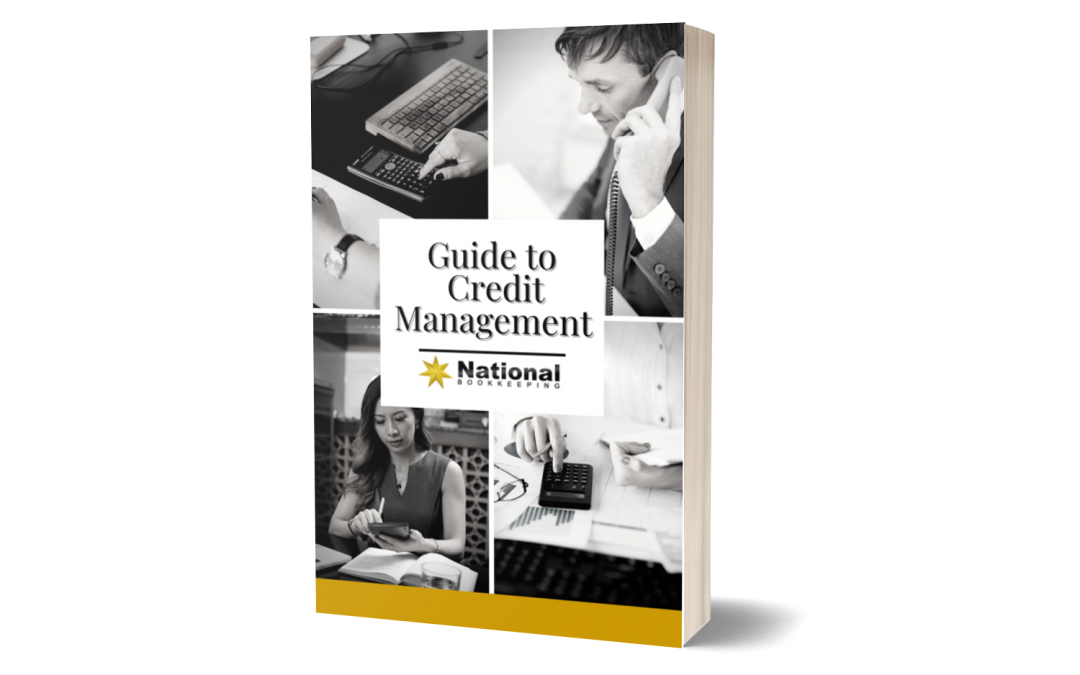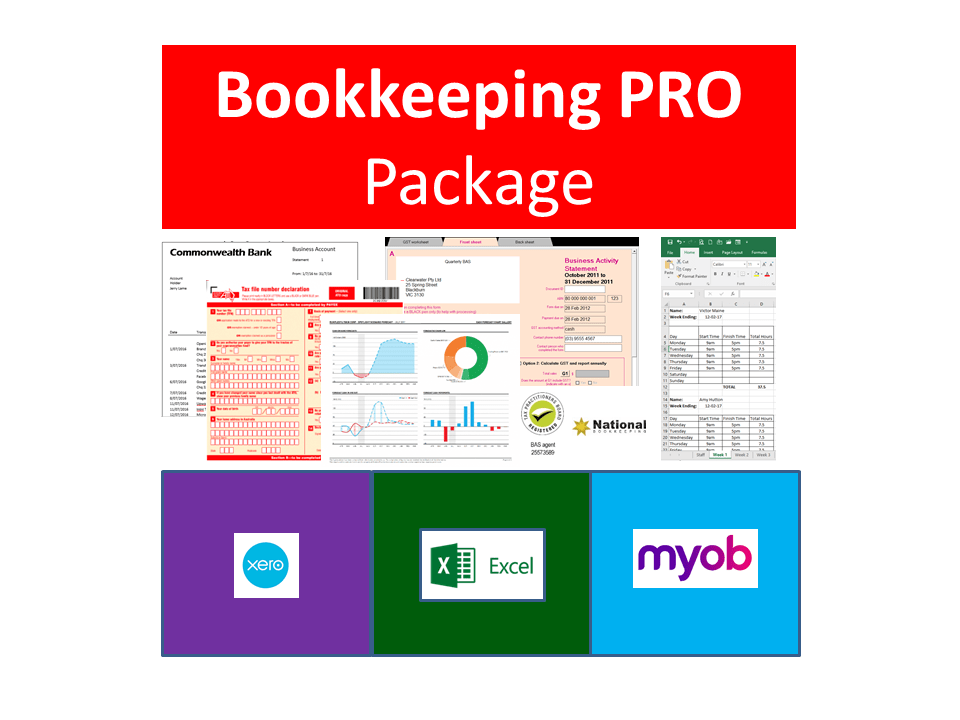In an ideal world you would place your ad for Xero bookkeeping tutoring, your phone would start ringing immediately and your clients would be lining up around the block to book your services.
Unfortunately converting a prospect isn’t that straightforward, but with a few simple steps you can significantly increase your chances for signing up new clients.
GAIN AGREEMENT FOR THE NEXT STEPS
Before you hang up the phone on your initial enquiry, ask permission to follow up within an agreed timeframe. This removes the awkwardness of having to make a call that your prospect is not expecting and smooths the way for further discussions.
You could simply ask them “when is a good time to follow up?” or you could offer to do some research on their behalf and call back to let them know what you find.
CALLING BOOKKEEPING PROSPECTS
A phone call is the most direct and effective way to follow up an enquiry. It allows you to pick up on subtle verbal cues and buying signals, and steer the direction of your negotiations. However some people prefer email communication to phone calls, and others are exceptionally difficult to reach on the phone. In that case you should respect their preferences.

When making a follow up call ask permission to proceed after your greeting, and let them know why you are calling:
- “As promised I’m calling to follow up on our conversation about bookkeeping tutoring and to see if you have any questions. Is this a good time to call?”
- The key here is active listening, so be sensitive to your prospect’s tone and inflections. If they sound rushed, annoyed or distracted they may appreciate an offer to call back at a later time. That doesn’t mean that you shouldn’t try to secure an alternative day and time before you end the call. Ask them: “Sure, I completely understand. When would be a good time to call back?”
- In some circumstances you will be greeted with a voicemail response or your call may be screened by an assistant. In both of these situations it’s important to keep your message brief and to the point.
Be professional, confident and assertive, and leave a clear request for action. e.g. “As promised I’m calling to follow up on our conversation about bookkeeping tutoring. I also managed to find a solution that might help you with your credit management problem. Please call me back on 0400 xxx xxx. Thank you and I look forward to speaking with you soon.”
RECAP THE KEY POINTS
Whether you are following up via phone or email, it’s important to summarise the key points discussed during your last conversation. This practice is recommended to ensure that you and your prospect are both still on the same page, and to uncover any concerns that may have arisen since you last spoke.
Again, listening is the key here. Your aim is not only to clarify information, it is to let your potential client know that you understand their challenges.
Clarifying questions:
- “Is that still correct?”
- “So what you’re saying is…”
- “What would you like to see happen?”
ASKING FOR A DECISION
When you are confident that you understand your prospect’s key objectives and you have sufficiently addressed their concerns, it’s time to progress to the next step – asking for the business.
Asking for money can seem daunting at first, but unless you give your prospect an opportunity to say “yes”, then you will be doing them a disservice.

Try asking one of these questions as a ‘trial close’:
- “When are you available to get started?”
- “I’m available after the 9th March. Does that work for you and your team?”
- “Is there anything else you’d like to ask me before we book some dates?”
- “I can have all of the materials ready to get started next week. How does that sound?”
- “If we start next week, we can have a strategy for credit management in place prior to sending out the next batch of invoices.”
WHAT TO DO IF THEY SAY “NO”
There are many reasons why a prospect may not be ready to book your services:
- They may need to consult colleagues or seek manager approval for sign off.
- They may be comparing offers from other competitors.
- It may be too soon. They are fact finding only and there is no urgency.
- They are not convinced that your bookkeeping tutoring will solve their problems.
We’ll dive into Handling Objections in a future blog, however you should still:
- Seek permission to check in again at a later date.
- Ask if you can add them to your mailing list so that you can continue to provide them with regular tips and advice.
- Offer to email them some information relevant to their situation.
- Link them to other courses or refer them to relevant industry contacts.
- Offer to connect with them on LinkedIn.
HOW MANY TIMES SHOULD I FOLLOW UP?
There are no hard and fast rules about how many times you should follow up, but the best way is to seek agreement at the end of each call. That way, you’ll not only feel more relaxed about making the call, but your prospect will hopefully be looking forward to hearing from you.

Need help with writing an ad for Xero bookkeeping tutoring?
See Josika’s ad as an example. Visit: https://workface.com.au/2021/12/bookkeeping-tutoring-one-to-one-training-and-business-support-for-xero
Xero Training Course Video Tutorial Library

If you are looking for a low cost Xero training video library, Learn Express Xero Training Tutorials offer training on the complete range of Xero skills from invoicing to payroll, BAS and Reporting. PLUS there is a low cost 10 day trial available.






